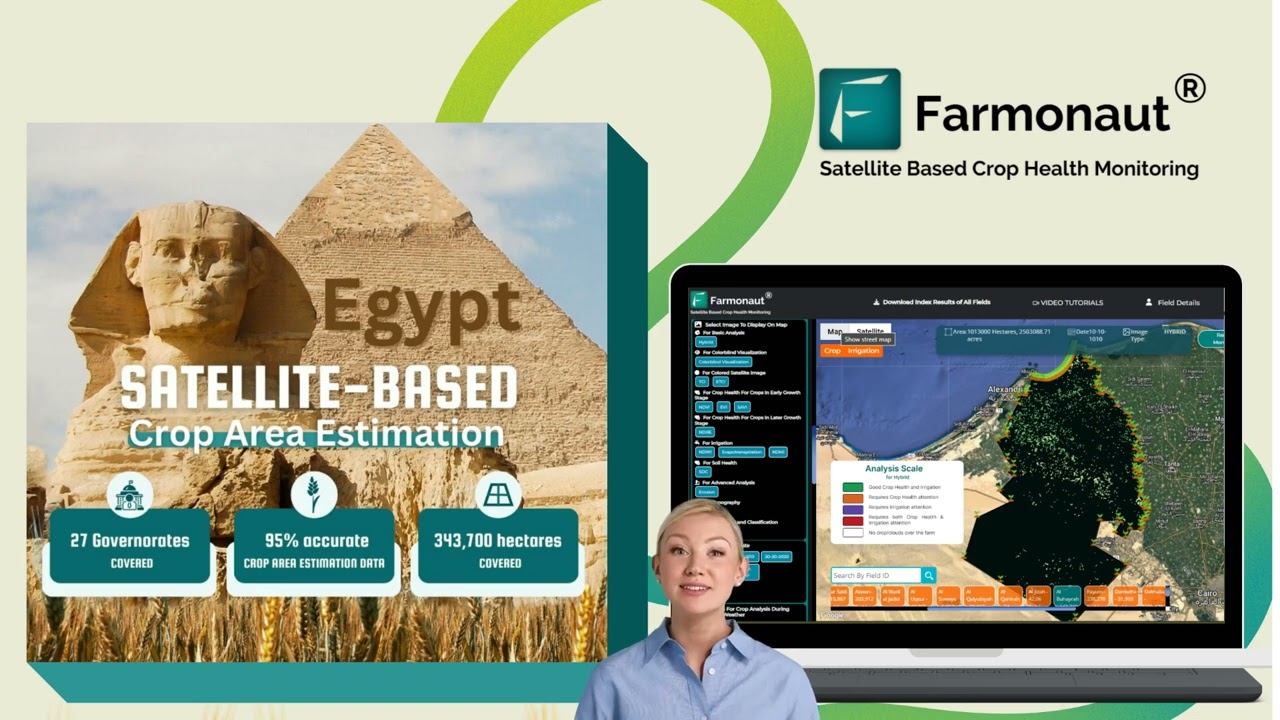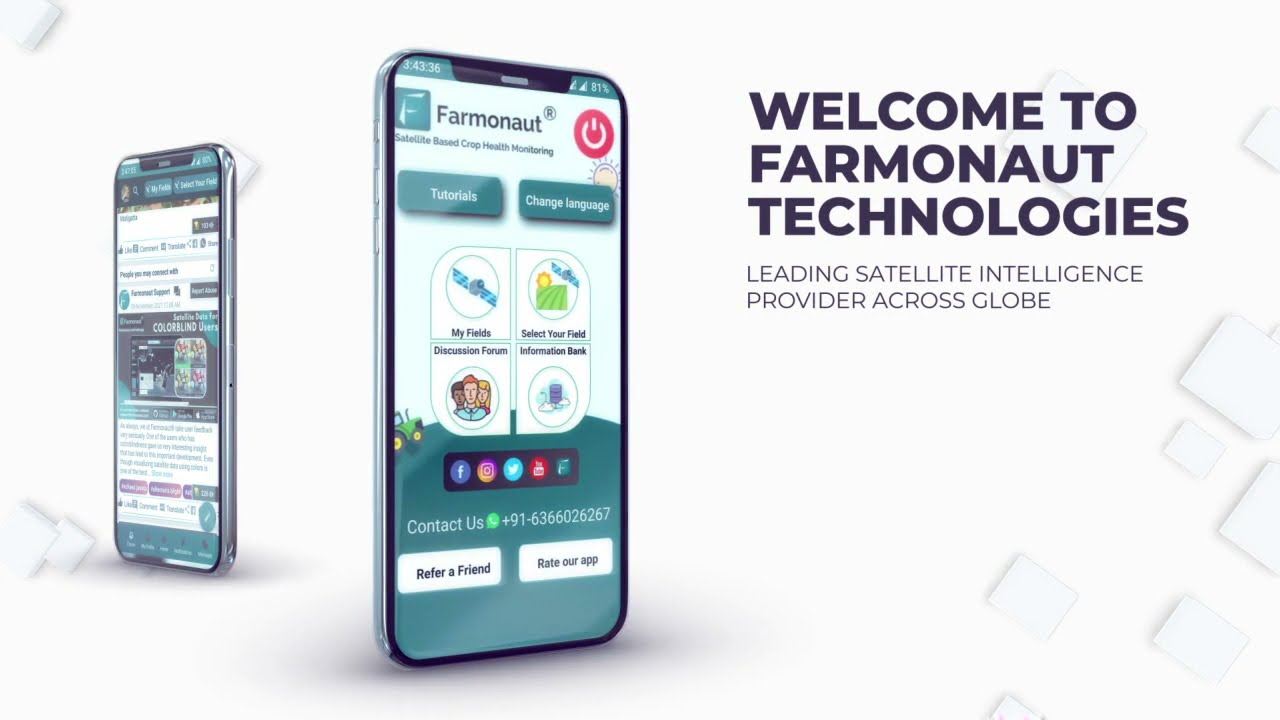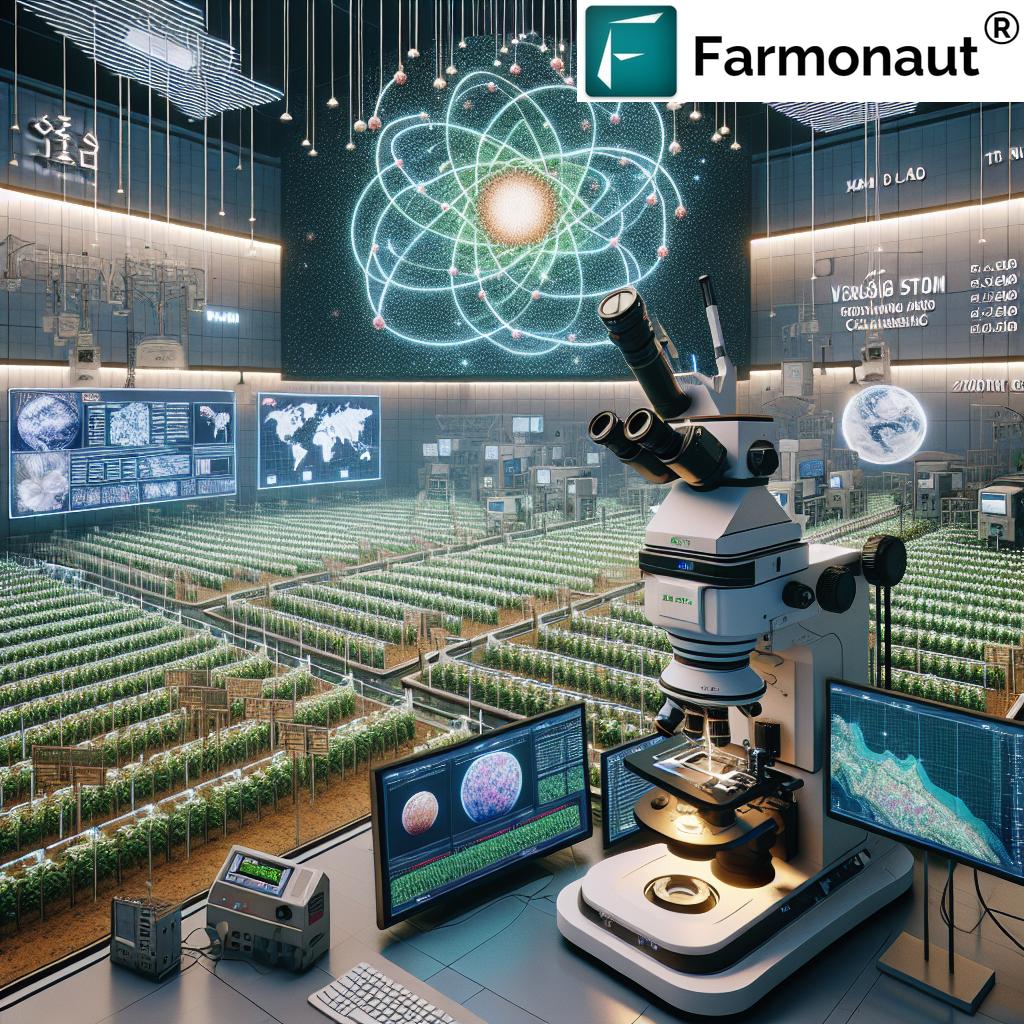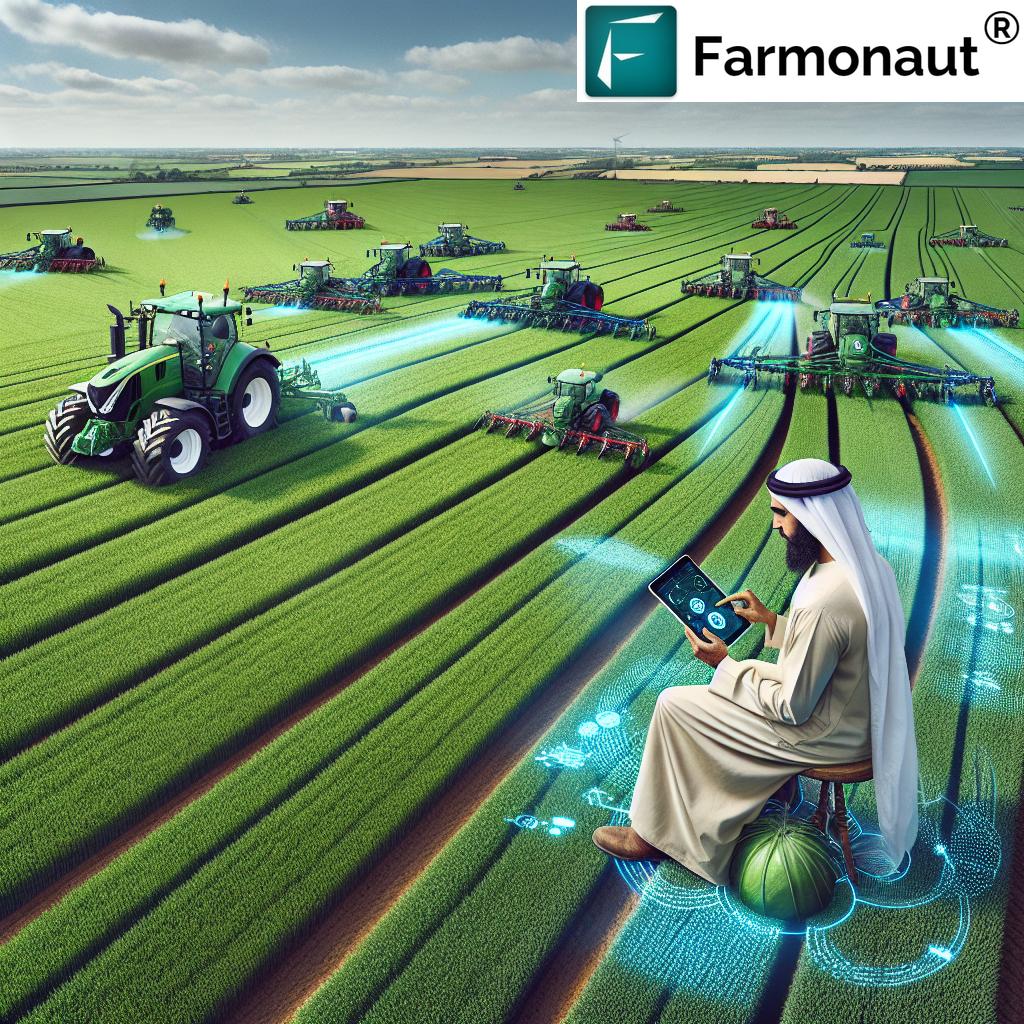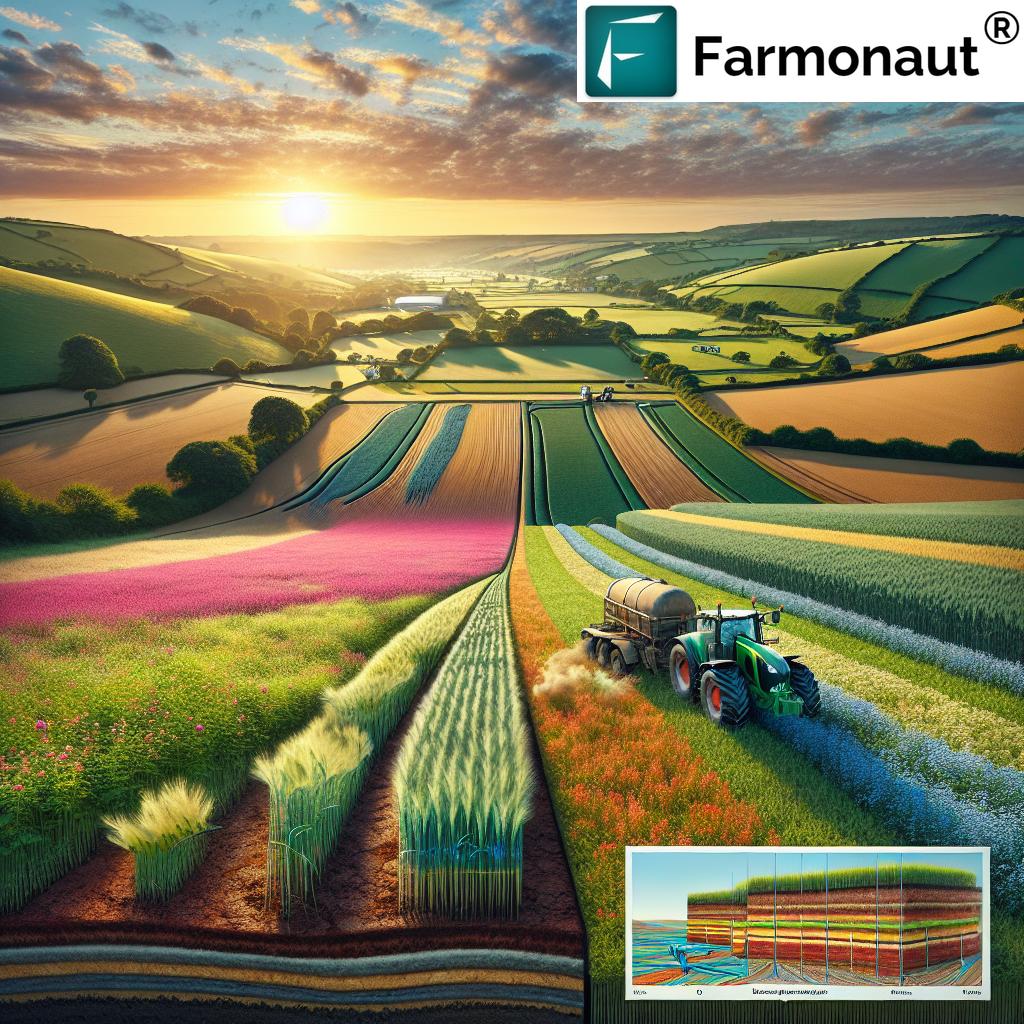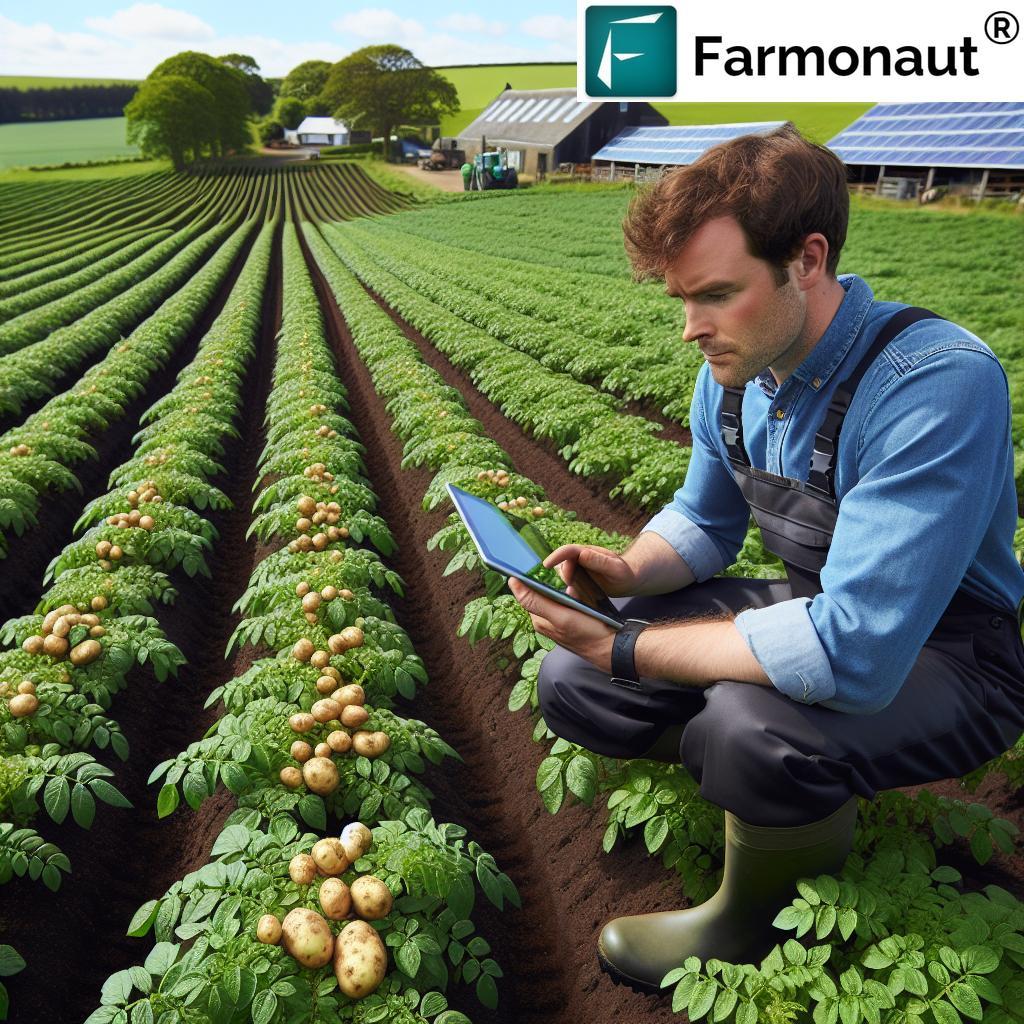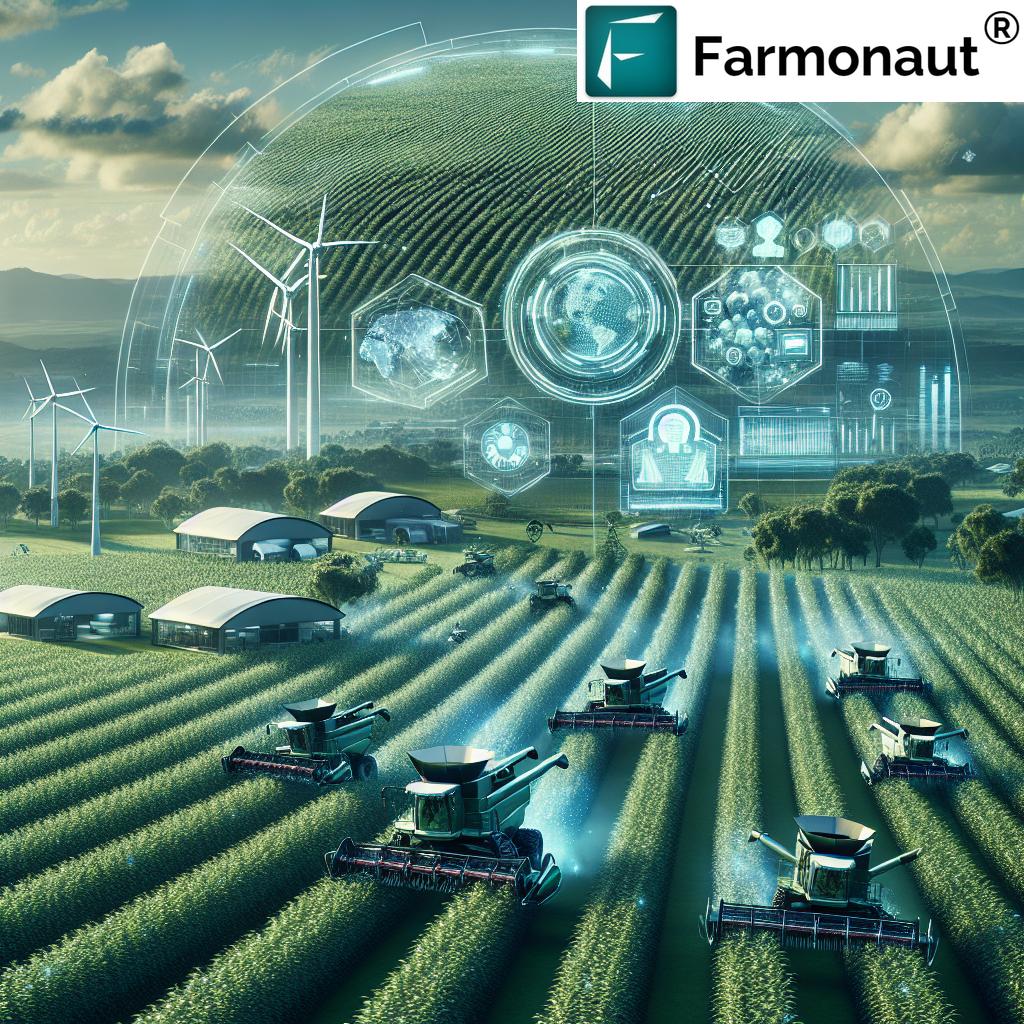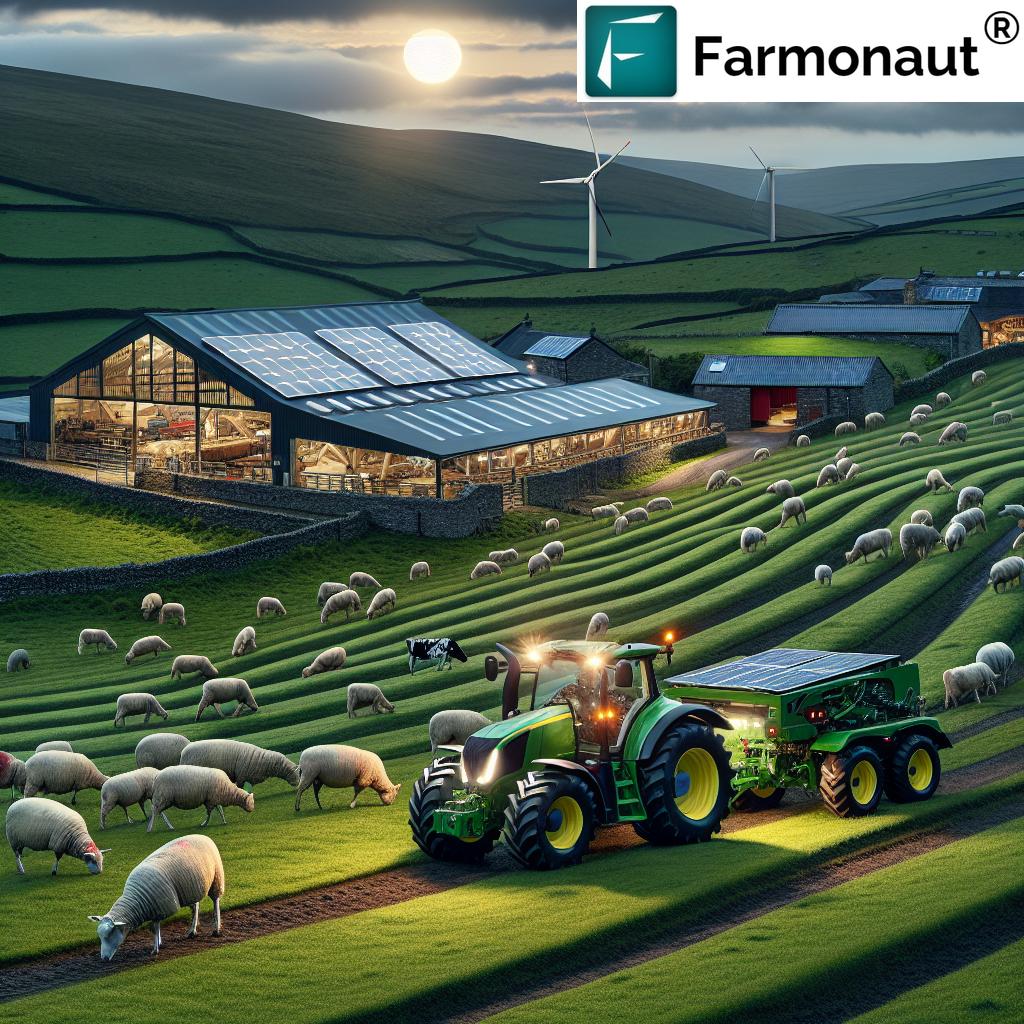Revolutionizing UK Agribusiness: Smart Farming Technologies for Optimizing Farm Productivity and Risk Management
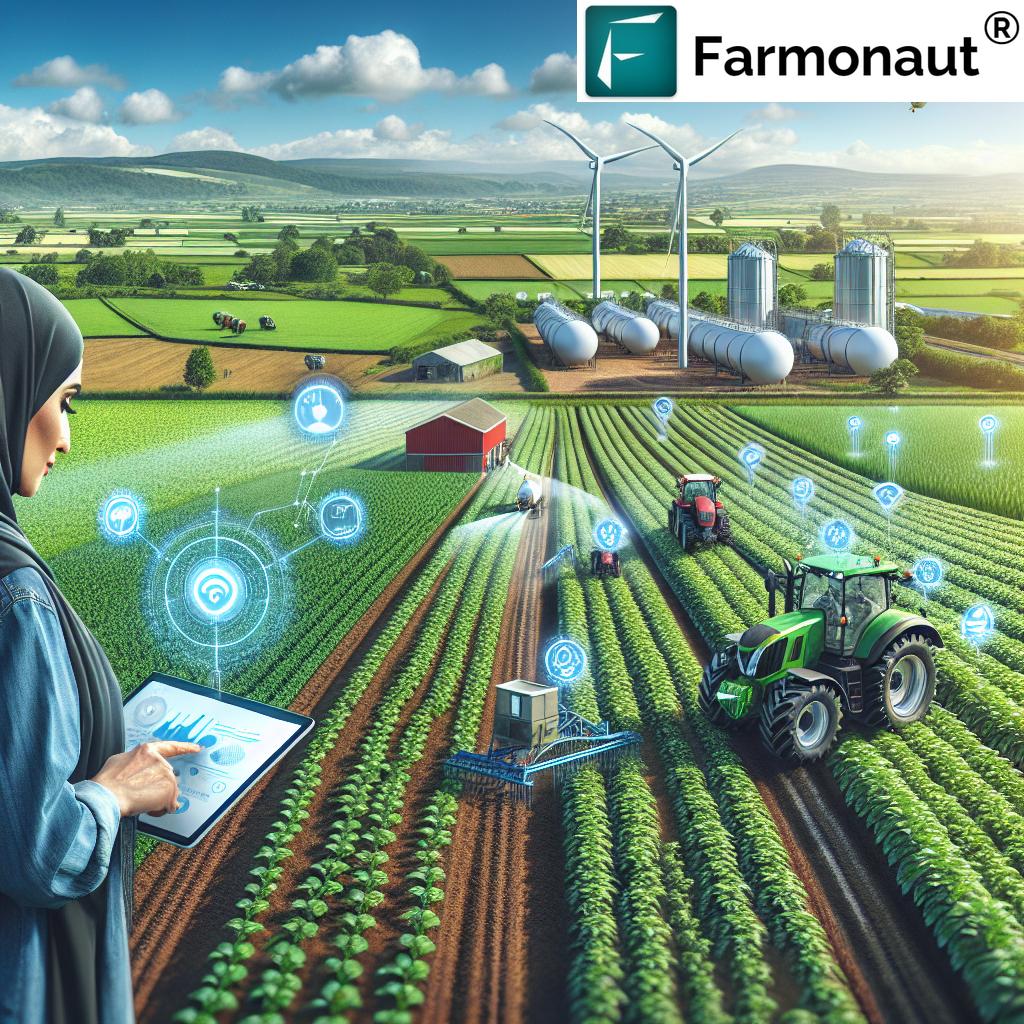
“UK farmers using precision agriculture tools have reported up to 20% increase in crop yields.”
In the ever-evolving landscape of UK agriculture, we’re witnessing a remarkable transformation driven by cutting-edge agritech solutions for farm management. As we delve into the world of smart farming technologies, we’ll explore how these innovations are revolutionizing the way we approach agriculture, boosting productivity, and mitigating risks in an increasingly volatile market.
The Dawn of Precision Agriculture in the UK
The UK’s agricultural sector is embracing a new era of farming, one where precision agriculture tools are becoming indispensable for farmers looking to optimize their operations. These advanced technologies are reshaping traditional farming practices, allowing for more precise and efficient management of crops and resources.
- Satellite-based crop monitoring systems
- GPS-guided machinery for precise planting and harvesting
- Soil sensors for real-time data collection
- Drone technology for aerial surveying and crop assessment
By integrating these tools, UK farmers are seeing significant improvements in yield, reduced input costs, and enhanced sustainability. The adoption of precision agriculture is not just a trend; it’s a necessary evolution in farming practices to meet the challenges of feeding a growing population while preserving our natural resources.
Harnessing the Power of Agricultural Data Analytics
Agricultural data analytics is proving to be a game-changer for UK agribusinesses. By leveraging big data and advanced analytics, farmers can make more informed decisions about every aspect of their operations. From predicting optimal planting times to forecasting potential pest outbreaks, data-driven insights are revolutionizing farm management.
Here’s how agricultural data analytics is transforming UK farming:
- Predictive modeling for crop yield forecasting
- Weather pattern analysis for improved planning
- Market trend predictions for better pricing strategies
- Resource optimization through data-driven decision making
One of the pioneering companies in this field is Farmonaut, offering advanced satellite-based farm management solutions. Their platform integrates agricultural data analytics with satellite imagery to provide farmers with actionable insights.
Smart Farming Technologies: The Future of UK Agriculture
Smart farming technologies are at the forefront of agricultural innovation in the UK. These technologies encompass a wide range of solutions designed to increase efficiency, reduce waste, and improve overall farm productivity.
Key smart farming technologies gaining traction in the UK include:
- Internet of Things (IoT) sensors for real-time monitoring
- Artificial Intelligence (AI) for automated decision-making
- Blockchain for supply chain transparency and traceability
- Robotics for automated planting, weeding, and harvesting
These technologies are not just improving efficiency; they’re also addressing critical challenges such as labor shortages and the need for sustainable farming practices. By adopting smart farming technologies, UK farmers are positioning themselves at the forefront of global agricultural innovation.
Revolutionizing Crop Monitoring and Irrigation Systems
One of the most significant advancements in UK agriculture has been the development of sophisticated crop monitoring and irrigation systems. These systems are transforming the way farmers manage water resources and monitor crop health, leading to substantial improvements in yield and quality.
“Agricultural data analytics can help reduce water usage by up to 30% in smart irrigation systems.”
Advanced crop monitoring and irrigation systems offer:
- Real-time soil moisture sensing
- Automated irrigation scheduling
- Disease and pest detection through spectral imaging
- Integration with weather forecasting for optimal water management
Companies like Farmonaut are at the forefront of this revolution, offering satellite-based crop health monitoring that provides valuable insights into vegetation health and soil moisture levels. This technology enables farmers to make data-driven decisions about irrigation and crop management, ultimately leading to more sustainable and productive farming practices.
Optimizing Farm Productivity Through Digital Agriculture
Farm productivity optimization is a key focus for UK agribusinesses looking to stay competitive in a global market. Digital agriculture platforms are playing a crucial role in this optimization process, offering comprehensive solutions for managing every aspect of farm operations.
These digital agriculture platforms typically include:
- Farm management software for record-keeping and planning
- Precision agriculture tools for targeted resource application
- Integration with machinery for automated operations
- Data analytics for performance tracking and improvement
By leveraging these digital tools, UK farmers are seeing significant improvements in efficiency and productivity. The ability to make data-driven decisions in real-time is transforming farm management, allowing for more precise control over every aspect of the farming process.
Agribusiness Innovation Strategies for the UK Market
In the face of changing market dynamics and environmental challenges, UK agribusinesses are adopting innovative strategies to stay ahead. These agribusiness innovation strategies are focused on creating resilient and adaptive farming systems that can thrive in uncertain conditions.
Key innovation strategies include:
- Diversification of crops and revenue streams
- Adoption of vertical farming and controlled environment agriculture
- Implementation of circular economy principles in farm operations
- Collaboration with tech startups for cutting-edge solutions
These strategies are not only helping UK farmers to improve their bottom line but also contributing to the overall sustainability and resilience of the agricultural sector. By embracing innovation, agribusinesses are positioning themselves for long-term success in an ever-changing market landscape.
Promoting Sustainable Farming Practices in the UK
As we move towards a more environmentally conscious future, sustainable farming practices are becoming increasingly important in UK agriculture. Smart farming technologies are playing a crucial role in promoting sustainability by enabling more efficient use of resources and reducing environmental impact.
Sustainable farming practices enhanced by technology include:
- Precision application of fertilizers and pesticides
- Water conservation through smart irrigation systems
- Soil health management using IoT sensors and data analytics
- Renewable energy integration in farm operations
By adopting these practices, UK farmers are not only reducing their environmental footprint but also improving the long-term viability of their operations. Sustainable farming is no longer just an ethical choice; it’s becoming a business necessity in an increasingly eco-conscious market.
Agricultural Risk Management in the Digital Age
Risk management is a critical aspect of modern farming, and agricultural risk management tools are evolving to meet the complex challenges faced by UK farmers. From market volatility to climate change, these tools are helping farmers navigate uncertainties with greater confidence.
Advanced risk management tools offer:
- Weather risk assessment and mitigation strategies
- Market analysis and price forecasting
- Crop insurance optimization through data analytics
- Supply chain risk management and traceability
By leveraging these tools, UK farmers can make more informed decisions about planting, harvesting, and selling their crops. This data-driven approach to risk management is helping to stabilize farm incomes and build more resilient agricultural businesses.
For developers interested in integrating agricultural data into their own systems, Farmonaut offers an API that provides access to satellite and weather data. Detailed documentation is available in their API Developer Docs.
The Future of UK Agribusiness: Trends and Opportunities
As we look to the future of UK agribusiness, several key trends and opportunities are emerging that will shape the industry in the coming years:
- Increased adoption of AI and machine learning in farm management
- Growth of vertical farming and urban agriculture
- Development of plant-based and alternative protein sources
- Integration of blockchain for improved traceability and food safety
- Expansion of regenerative agriculture practices
These trends present exciting opportunities for UK farmers and agribusinesses to innovate and grow. By staying ahead of these developments and embracing new technologies, the UK agricultural sector can maintain its position as a global leader in sustainable and productive farming.
Comparison of Smart Farming Technologies for UK Agribusiness
| Technology Name | Primary Application | Key Features | Estimated Productivity Increase (%) | Risk Management Benefits | Sustainability Impact | Estimated Cost Range (£) | Suitable Farm Types |
|---|---|---|---|---|---|---|---|
| Precision Agriculture Tools | Crop Management | GPS-guided machinery, Variable Rate Technology | 10-15% | Reduced input waste, improved yield consistency | High – reduces chemical use | 5,000 – 50,000 | Arable, Mixed |
| Crop Monitoring Systems | Plant Health Assessment | Satellite imagery, Drone surveys, IoT sensors | 5-10% | Early pest/disease detection | Medium – optimizes interventions | 1,000 – 10,000 | All types |
| Smart Irrigation Management | Water Resource Optimization | Soil moisture sensors, Automated scheduling | 20-30% | Drought mitigation, water conservation | Very High – significant water savings | 3,000 – 20,000 | Arable, Horticultural |
| Agricultural Data Analytics Platforms | Decision Support | Big data analysis, Predictive modeling | 15-25% | Improved forecasting, market insights | Medium – enables data-driven sustainability | 500 – 5,000 per year | All types |
| Integrated Pest Management Technologies | Pest Control | AI-powered detection, Targeted application | 10-20% | Reduced crop losses, lower chemical use | High – minimizes pesticide application | 2,000 – 15,000 | Arable, Horticultural |
Conclusion: Embracing the Future of UK Agriculture
As we’ve explored throughout this blog, the UK agricultural sector is on the cusp of a technological revolution. From precision agriculture tools to advanced data analytics, smart farming technologies are transforming every aspect of farm management. These innovations are not just improving productivity and efficiency; they’re also promoting sustainability and resilience in the face of global challenges.
For UK farmers and agribusinesses looking to stay competitive in this rapidly evolving landscape, embracing these technologies is no longer optional—it’s essential. By leveraging smart farming solutions, UK agriculture can continue to thrive, producing high-quality food while preserving our natural resources for future generations.
As we move forward, the key to success will be continuous innovation and adaptation. By staying informed about the latest trends and technologies, and being willing to invest in new solutions, UK farmers can position themselves at the forefront of global agriculture, driving growth and ensuring a prosperous future for the industry.

FAQ Section
Q: What are the main benefits of adopting smart farming technologies for UK farmers?
A: Smart farming technologies offer numerous benefits, including increased crop yields, optimized resource use, reduced environmental impact, improved decision-making through data analytics, and enhanced risk management capabilities.
Q: How can precision agriculture tools improve farm productivity?
A: Precision agriculture tools enable targeted application of inputs like water, fertilizers, and pesticides, reducing waste and optimizing crop growth. They also allow for more accurate planting and harvesting, leading to improved yields and efficiency.
Q: Are smart farming technologies suitable for small-scale farmers in the UK?
A: Yes, many smart farming technologies are scalable and can be adapted for small-scale farms. Solutions like Farmonaut’s satellite-based crop monitoring are designed to be affordable and accessible to farmers of all sizes.
Q: How do agricultural data analytics contribute to risk management in farming?
A: Agricultural data analytics provide insights into weather patterns, market trends, and crop health, enabling farmers to make informed decisions about planting, harvesting, and selling their produce. This data-driven approach helps mitigate risks associated with climate variability and market volatility.
Q: What role does sustainability play in the adoption of smart farming technologies?
A: Sustainability is a key driver in the adoption of smart farming technologies. These solutions help reduce the environmental impact of farming by optimizing resource use, minimizing chemical inputs, and promoting practices that preserve soil health and biodiversity.





